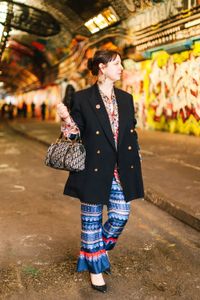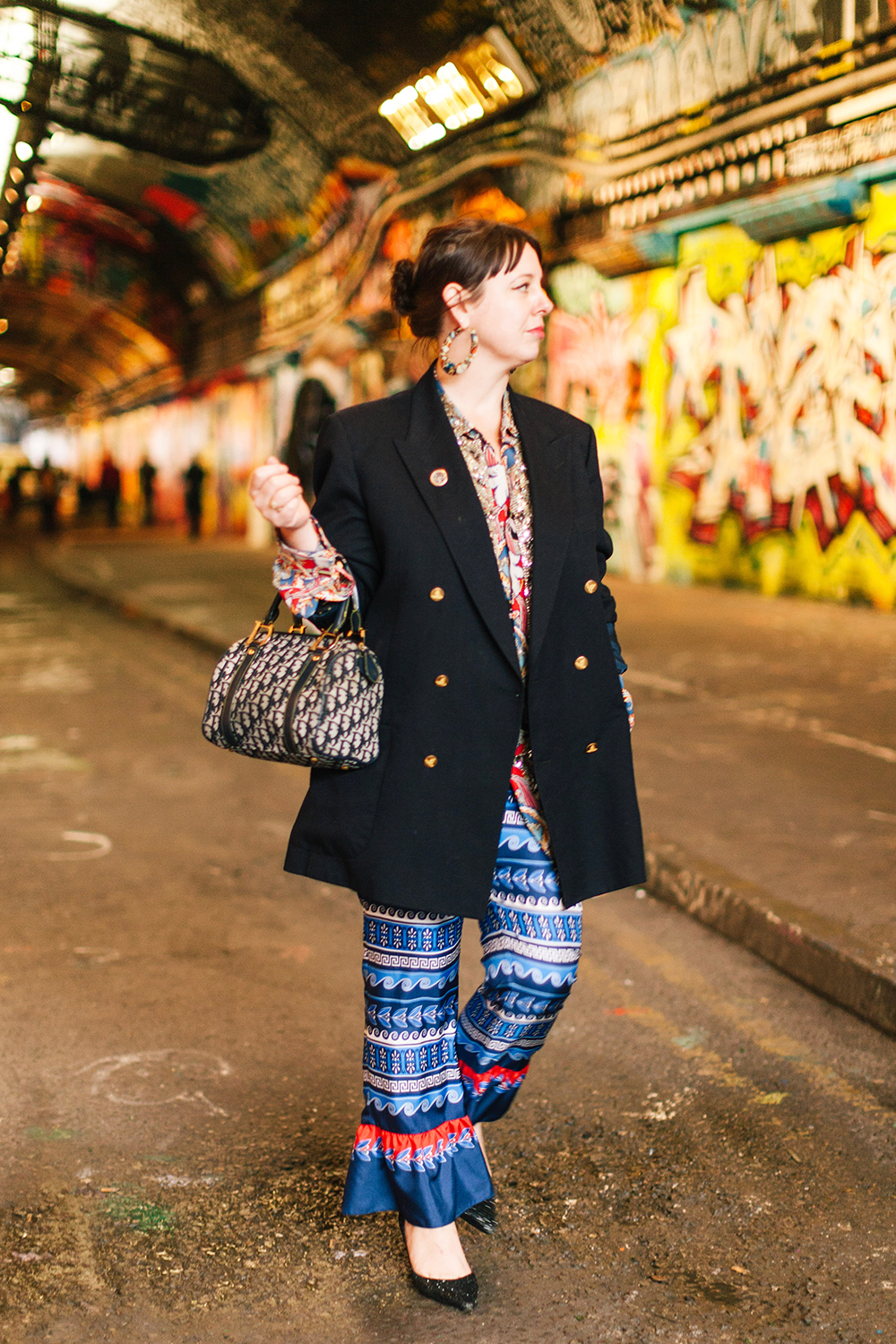Working with Alexander McQueen, by his best friend
McQueen, the must-see Alexander McQueen documentary, is released tomorrow. One of the film's key contributors is Sebastian Pons, who worked with Lee at his own label and at Givenchy in Paris. Here, Pons tells us the incredible inside story of working with a genius and why he decided to do the film...

Celebrity news, beauty, fashion advice, and fascinating features, delivered straight to your inbox!
You are now subscribed
Your newsletter sign-up was successful
McQueen, the must-see Alexander McQueen documentary, is released tomorrow. One of the film's key contributors is Sebastian Pons, who worked with Lee at his own label and at Givenchy in Paris. Here, Pons tells us the incredible inside story of working with a genius and why he decided to do the film...
Fashion designer Sebastian Pons met Alexander McQueen in 1992 when they were both students at Central St Martin's. Pons worked for McQueen at both his own house and at Givenchy for years - until Pons left in 2000 to start his own label. He is a key contributor to the documentary film McQueen, an intimate portrayal of the late designer's life - which is in cinemas tomorrow. It tells the story of his early years and traces his career from the iconic early shows to his time at Givenchy in Paris, and the personal demons that led to his tragic suicide in February 2010. Other contributors to the film include McQueen's sister Janet, and Detmar Blow, the husband of McQueen's late mentor Isabella Blow.
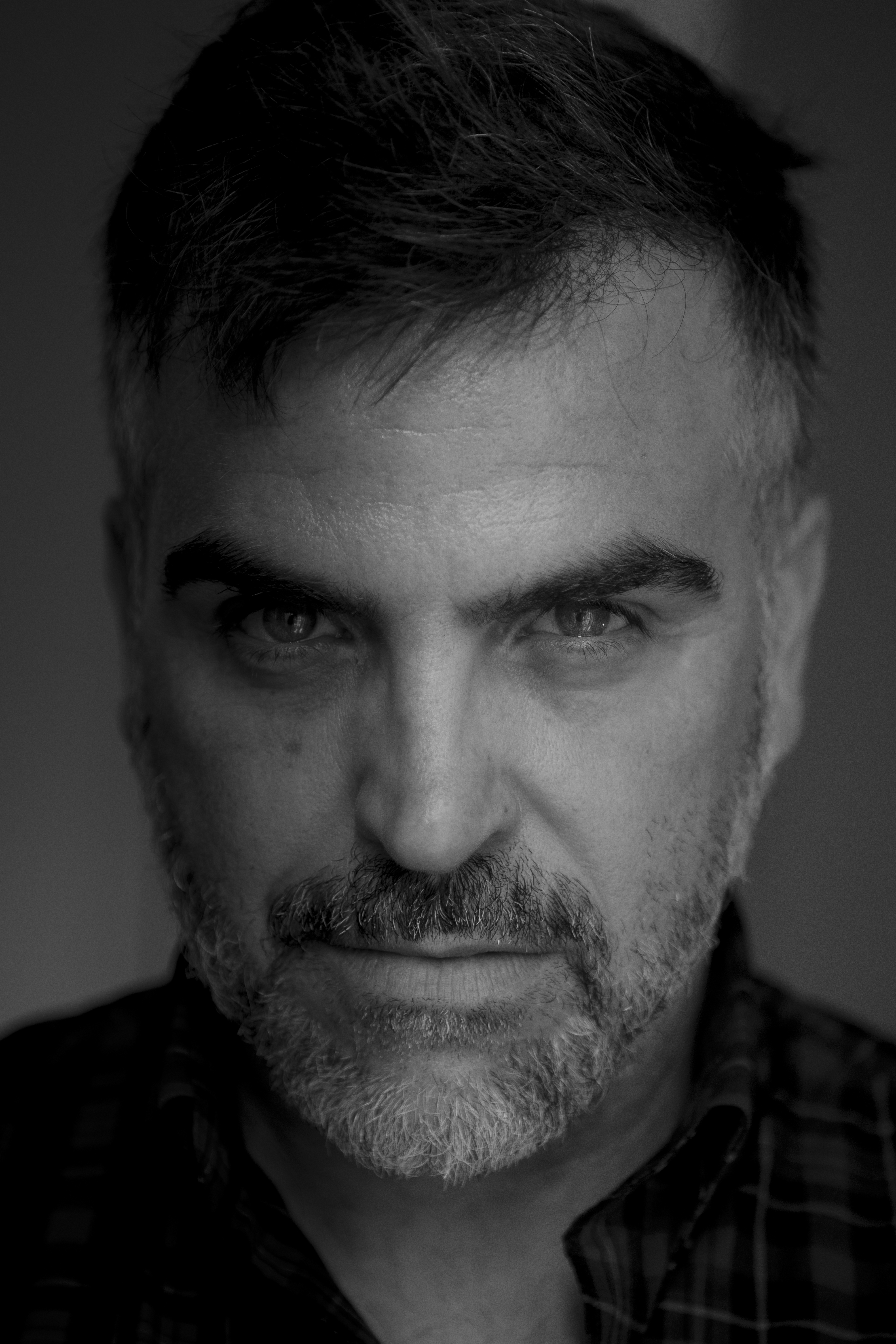
Photo by Bruno Daureo
I first met Lee in the canteen at Central Saint Martin's. I was in the final year of my BA, and he was doing his MA. He just seemed like a regular, down-to-earth, normal guy. Later on, I bumped into him on the street and he invited me to his [controversial] 'Highland Rape' show, and then when I graduated in 1995, he commissioned me to do some prints for his 'Hunger' collection. After I saw Highland Rape, I thought he was a genius. I saw him a few days after and I was like, 'OH MY GOD, congratulations, it was so amazing...' and he said to me, 'Sebastian, you're the only one who liked it.' I didn't see the supposed misogyny and the hate for women in the show that all the press were criticising him for. I saw a really raw, shocking collection. Fashion really needed that element. I remember thinking, 'he did that on practically no money, imagine what this guy could actually do and achieve...'
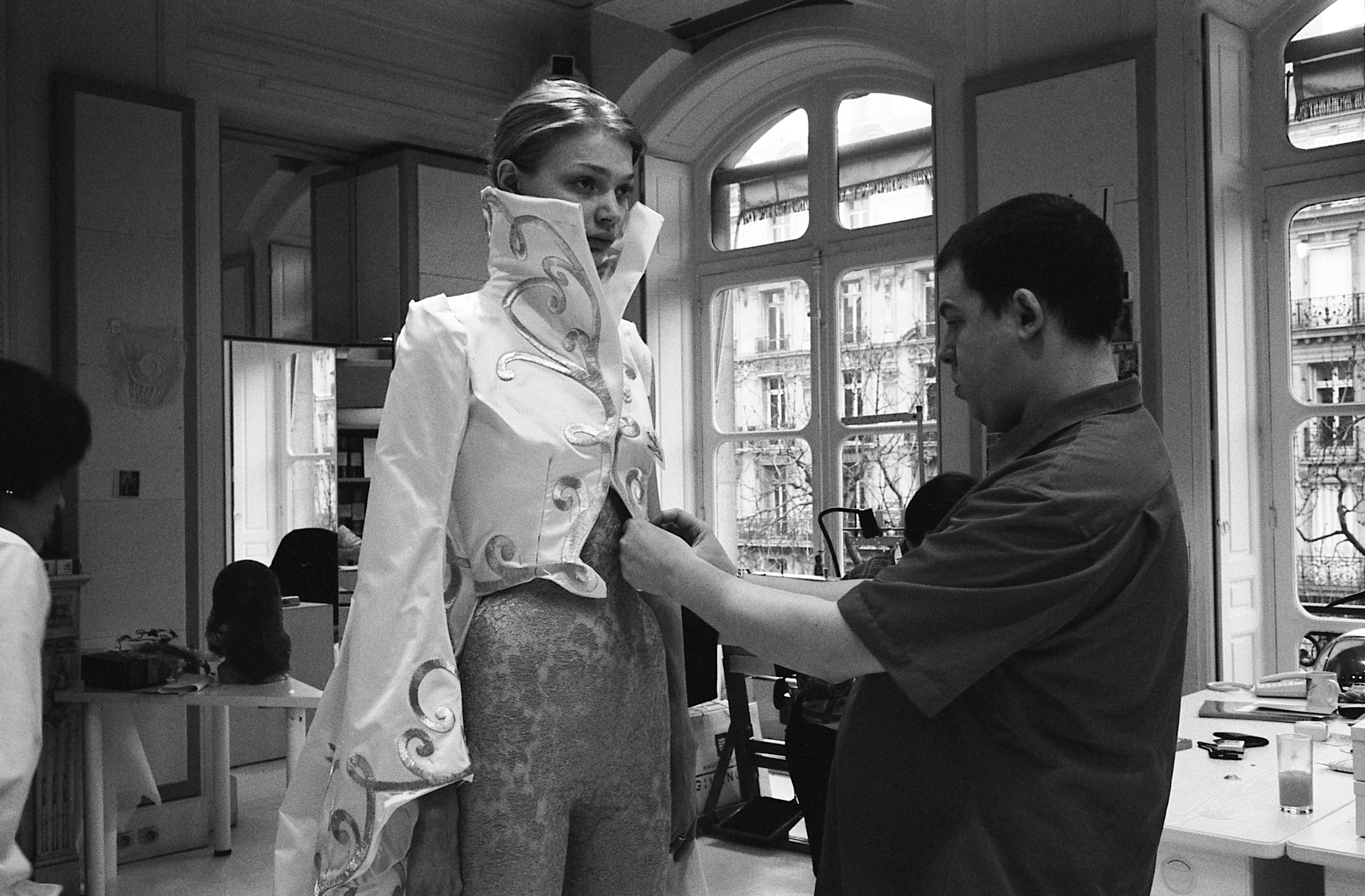
Then at Givenchy [McQueen was creative director from 1996-2001] after the first couture show we did, again I was telling him 'that was amazing', and again he said 'you're the only one who thinks that' [McQueen's debut for the house received a drubbing from critics]. He was actually very very sensitive. He would put on this hard face, like he didn't care about anything, but he did. I didn't know that at the beginning - I really was his biggest fan and I honestly thought the clothes he was doing were just so special. He put that first couture collection together in a month!
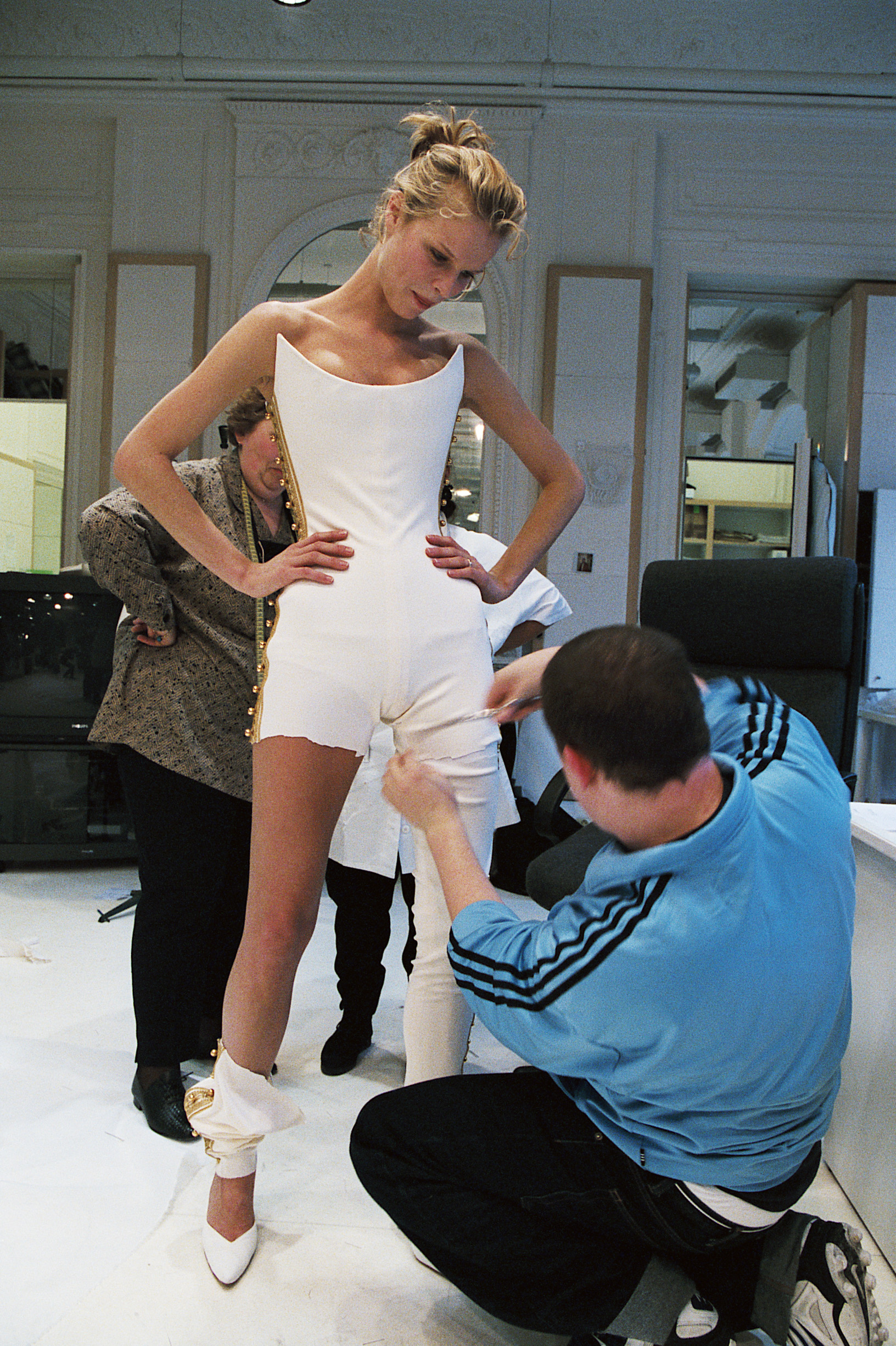
Lee had this ability to travel to the fourth and fifth dimensions. When he was talking to us about ideas and concepts, he was so convincing it was almost like he'd seen the idea done already. He'd talk about, 'the shoulder is going to be like this, the coat is going to be like this', he had this vision in his mind's eye, it was like nothing I've ever seen. With other designers, I've seen them take two or three days to make a small decision about a colour or a sleeve. But Lee had this conviction, and knew instinctively what to do and what he wanted.
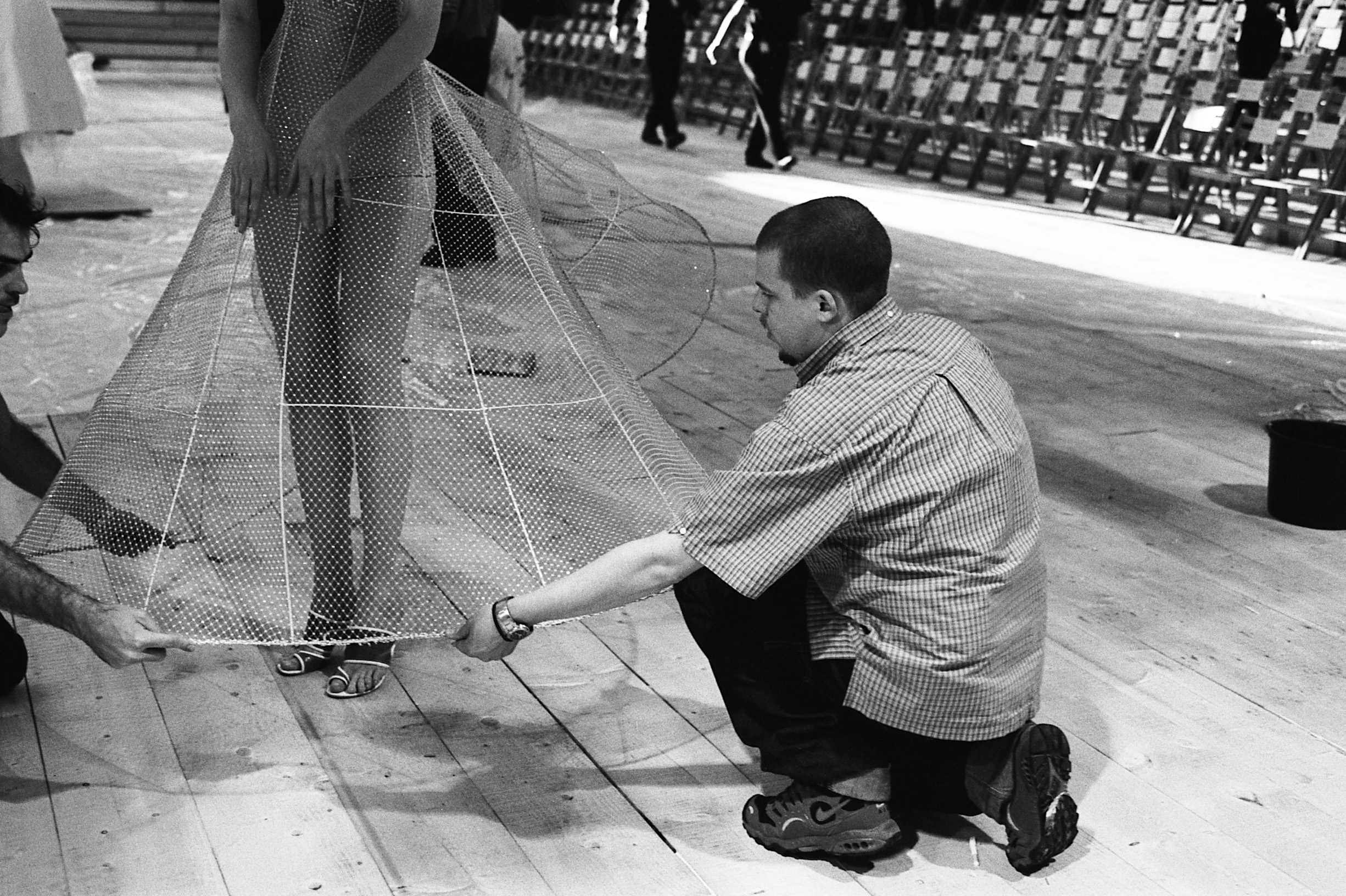
To him, the collections were never just 'Spring/Summer 1996' or 'Autumn/Winter 1998' - of course, it was a business, but he viewed every collection as a new chapter. What new world am I going to show with this? They [critics] hurt his feelings after the first Givenchy haute couture, and he was like, 'this is like a jungle, everyone eating each other'. And that's what led to his 'It's a Jungle Out There' collection. With the Joan of Arc show, we were in Paris walking past a building, and he told me 'you know, she was locked up in that building. I feel so much, I feel for her such a lot'. And then it was, 'I've got it! The next collection!' He always had to feel something, an emotional connection.
Celebrity news, beauty, fashion advice, and fascinating features, delivered straight to your inbox!
Autumn/winter collections tended to be historically inspired, and spring/summer collections tended to be more urban and modern. I loved the dark, historical ones. What amazed me about him was that I never saw him flicking through books much but he was an expert in fashion history. He could take you to the 16th century, and explain the way the patterns were, then he'd take you to Yves Saint Laurent and explain that...I don't know where it came from! It's still a mystery to me. He had a mind of gold, incredibly intelligent, and he could store a lot of information. I remember him telling me the story of kimonos one day - if the woman is married, it's like this, if she's not, it's like that...the way the obis are made...I was like, 'how do you know all this stuff?!'
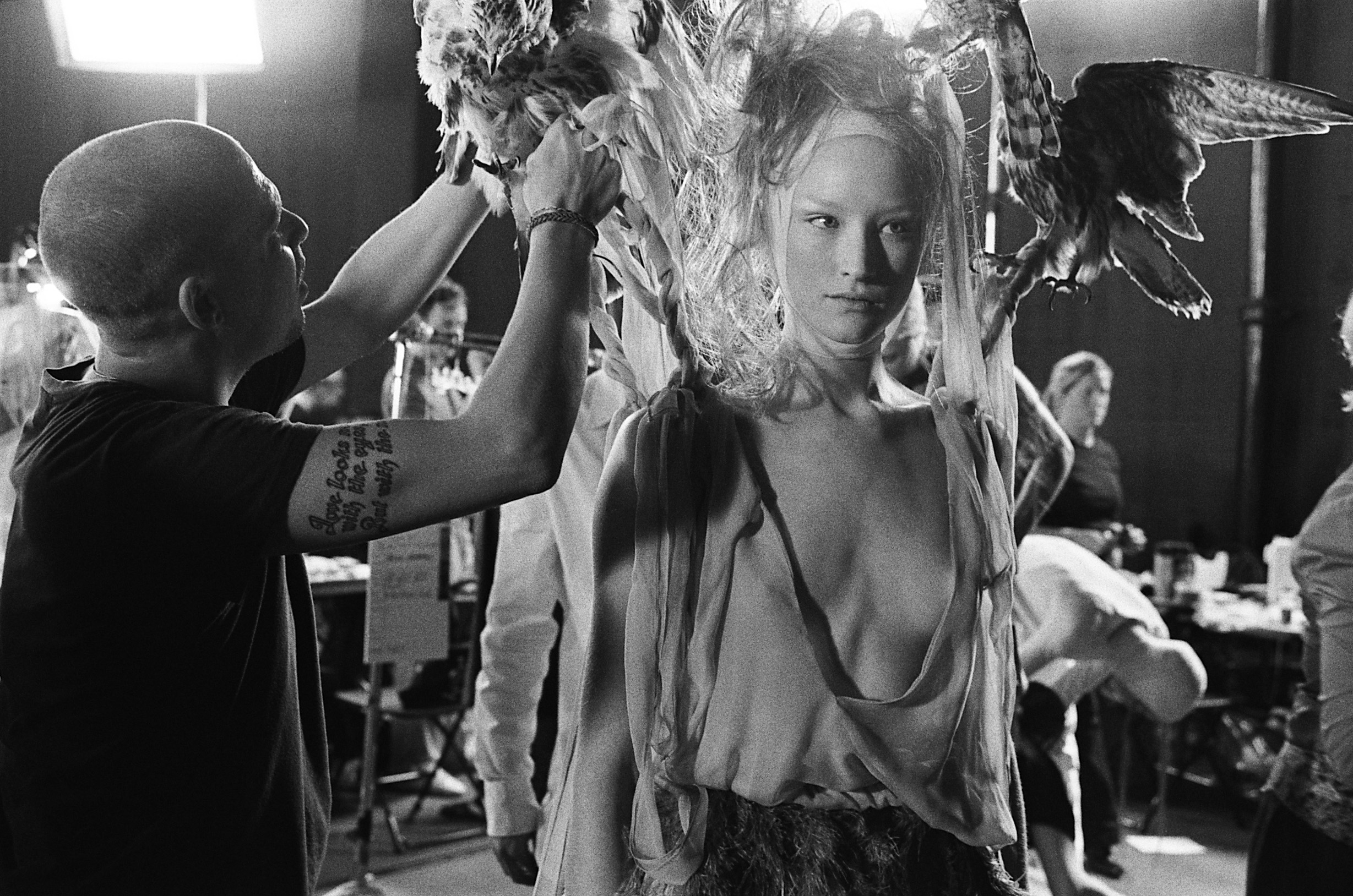
I don't blame the fashion system and the pressure for what happened to Lee. He loved and had a huge passion for fashion. He was on a mission - he was a big fan of YSL and Rei Kawakubo and he wanted to be a major designer. That was in his plan. Problems like depression, Lee didn't tell me the whole thing. Some things he kept inside. In a way, we were expecting it. We didn't know it was going to be such a drastic end but there was a danger that something was going to happen.
When I left McQueen in 2000 it wasn’t good, he wasn’t happy and we didn’t talk from 2001-2003. Then I called him and he said, ‘Sebastian - I've been waiting for your call for 3 years, where the fuck have you been?’ and we became friends again. We had a conversation in 2009, where we put everything on the table and we had that opportunity to have it all out with each other. And I’m so glad. The last time I saw him, in March 2009, looking back I feel as if he came to say goodbye. At the time my father was ill in hospital and he said, ‘I’m so sorry I won’t be able to see your dad,’ and I said ‘don’t worry, next time.’ And he replied, ‘Sebastian, maybe there won’t be a next time’.
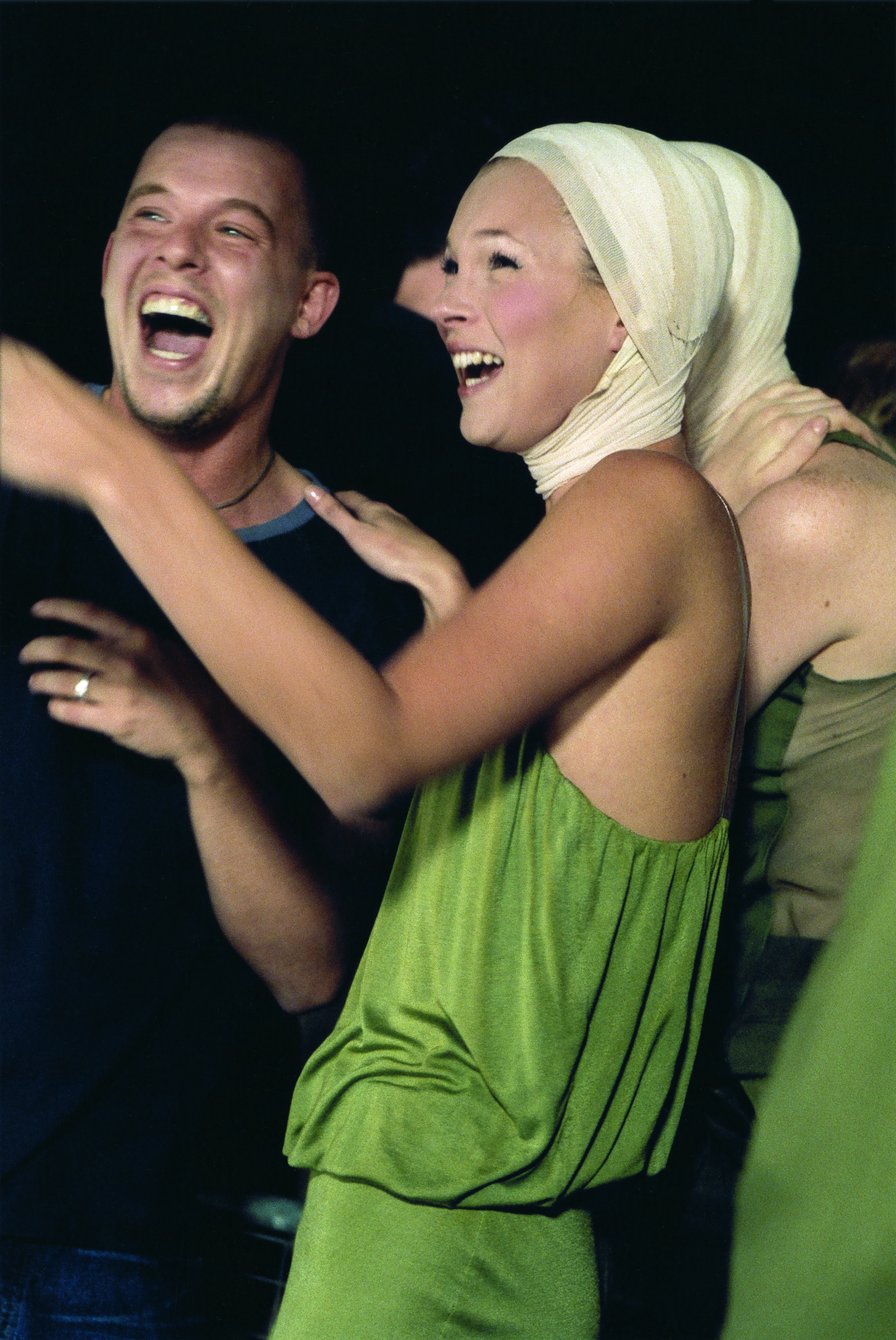
Working with Lee is a part of my story that I cannot erase. When they [documentary directors Ian Bonhote and Peter Ettedgui] approached me about this film, it took me more than a year to decide. I didn't know who they were and I had to work out if I could trust them. In the end I listened to my inner voice and said yes. I had so many doubts and worries about doing it, but I wanted to celebrate the life and colour of a genius. Lee’s story is my story, I can’t erase part of my life because he’s Lee McQueen and we shouldn’t be talking about him. I wish people really got to see the person I met and the person I knew."
McQueen is in cinemas tomorrow, Friday June 8th
